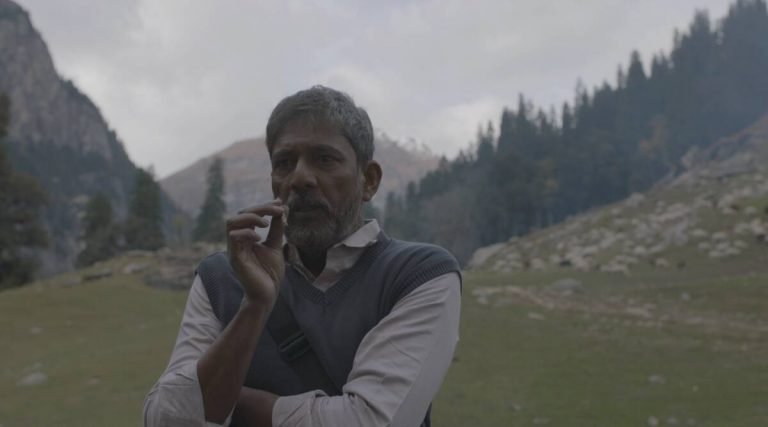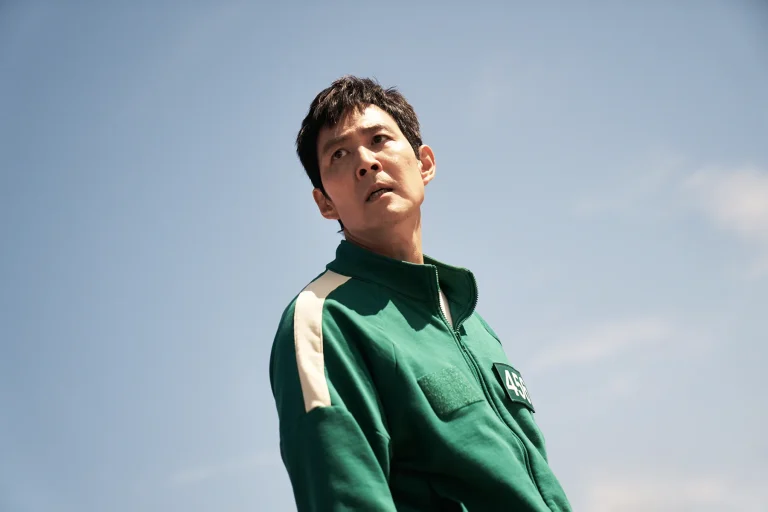Coming-of-age dramas are so well-trod narrative terrain there’s barely any room in new offerings for surprising and thrilling audiences. We are much too jaded and accustomed to the bends and turns of films in this mold. This genre has suffused so much of our regular pop culture, with a barrage of stories about young adults grappling with a period of transition being routinely hosed at us, that we are rarely truly shocked when a film is able to inject freshness and smartness into the mix.
It’s a question of familiarity that has to be taken into question, presumably even when a filmmaker is starting out in the folds of the genre. Miguel Llansó’s “Infinite Summer” doesn’t seem to recognize this issue given the ham-fisted, personality-free manner in which it approaches the genre, yet there are a bunch of intriguing ideas here that sustain the admirably brisk duration.
It also enormously helps that Llansó’s screenplay, while delving into rote parent-child conflict and resolution, mostly takes a lean approach and does not get sidetracked too much. Its central interest sticks to the provocative interface between humans and technology, especially how we are thinning the boundaries between varied forms of sentient and non-sentient consciousness.
As the film depicts, the way in which we have sought to integrate technology into our intimate consciousness becomes increasingly troubling, leading to a chain of uncanny consequences. One might still reckon they’ve got it all under control, while the frightening reality indicates the discrete, separate two planes of consciousness are mish-mashing and sliding into one another, culminating in a vision of the future that’s boundlessly disconcerting.
The film begins harmlessly enough, with a very regular girl, Mia ( Teele Kaljuvee-O’Brock), as the protagonist. She and her friends are in the transitory phase between high school and university. It’s the summer they’ve got together before they are all flung apart. Her best chum, Grete ( Johanna Rosin), has brought along a friend, Sarah ( Hannah Gross). However, they aren’t so interested in shooting the breeze but schmoozing at parties and finding potential boyfriends and hookup partners. Mia isn’t much of a social bee, so she visibly struggles to gel into the vibe they are seeking. They stumble across a hippie dealer, Mr. Mindfulness ( Ciaron Davies), who initially introduces Mia to a ‘respirator,’ putting on which anyone can have the most trippy experience conceivable.

The respirator promises to elevate the person to a higher, elevated level of consciousness. When Mia tries it, she is so overwhelmed she recoils. But she nurses an impulse of growing intimate with Mr. Mindfulness, who promptly distances himself and seems wholly concerned with doing his business. So he ensnares Mia’s friends, who are more eager and enamored of the peculiar mask-like thing. With the respirator, one sheds the carapace of human consciousness and skin, drifting away in a plume of smoke. This transhumanist leaning is inseparable from the film.
Llansó doesn’t get caught up in explaining away the mechanics of it all. That’s a wise decision because such tendencies often bog down many films. The director snips away at the muddle of over-establishing and opts for the mind-melding fugue that the respirator induces. The film freely moves through fragmented portraits, leaping between spaces without caring to draw comprehensible markers. Thankfully, the performances are sincere. The dynamic between Mia and her father benefits from two capable actors handling the emotional distance and forgiveness quite well.
What doesn’t land is the insertion of the Interpol officers duo as they investigate the cyber crime lead that guides them to the chaos that the respirator unleashes. None of the two characters introduced at this point in the narrative are remotely interesting or well-developed, instead their only character trait which is harped on is a shared insistence to get the case solved and bring the culpable to pay for their misdeeds. There is also a swiveling thread to animals disappearing, with which the film opens, but this doesn’t reap substantive dividends.
“Infinite Summer” also meanders for a while, seemingly perplexed about how to gather the story toward a satisfying direction. Mercifully, Llansó decides to fall back on and fully commit to the kookiness of the story, as evidenced in the gooey clouds and erupting burst that snakes heavenwards once one latches the respirator on. Riding on an ending comfortable in its mystical, full-tilt, bewildering aura, “Infinite Summer” is snappy and vibrantly enjoyable as long as it stays devoted to its visual eccentricity.








